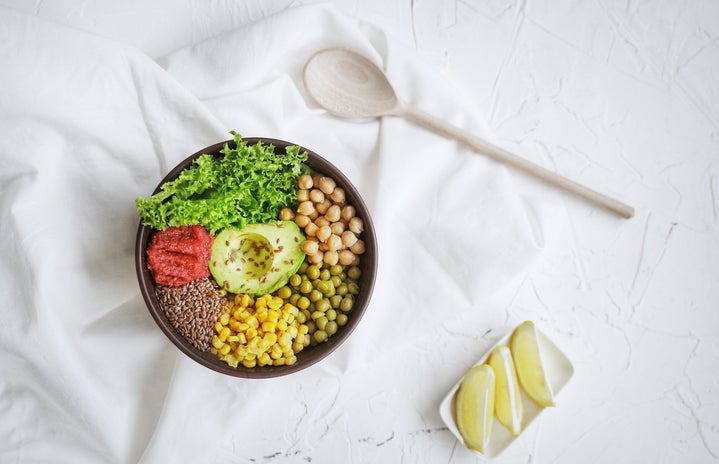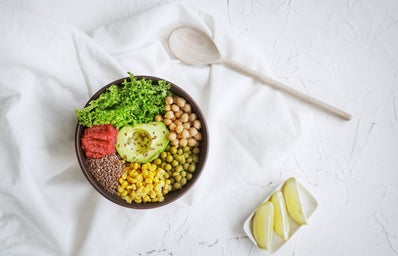As panic surrounding the coronavirus grows, information regarding prevention doesn’t seem to. With no available treatment (as of Mar. 13, 2020) and precaution instructions that barely extend past lessons we learned in elementary school (“wash your hands”), we have to rely on our bodies to take care of us. Because of this, it’s imperative that our immune systems are not compromised by our diets. I have compiled a list of (accessible and affordable) foods that promote immune system function, in order to best equip you to fight infection.
*This article will not go into specific, scientific detail. I will list the basic points. Refer to linked articles for more information. *
1. Avocados
This strange fruit is full of amino acids, healthy fats, vitamins A, C and E, and glutathione, an antioxidant that protects host immune system cells and (obviously) helps the body with basic immune system function. The amino acids, healthy fats and vitamins give avocados the ability to prevent diseases, balance the body’s hormones and improve overall immune function.
2. Spinach
According to BBC Good Food, spinach is a strong source of vitamins A, C and K – which all benefit the immune system.
3. Sweet Potatoes
Because of a substance called beta carotene, sweet potatoes are rich sources of vitamin A. Upon reaching your liver, every molecule of beta carotene converts itself into two molecules of vitamin A, which then help the body fight off infections and dangerous free-range molecules.
4. Nuts
With an abundance of antioxidants that provide the body with mineral zinc, nuts are a source of great support for the immune system. Vitamin E (also abundantly present in nuts) helps the body fight off invading bacteria. According to research completed in 2010, almonds help the body fight the flu and common cold – the same is likely true for coronavirus.
5. Berries
Strawberry, blueberry and blackberry consumption (most likely) prevents damage to your cells and protects your immune system, because of the vitamin C and various antioxidants present in berries.
Side note: Flavanols are highly effective substances that assist the immune system with proper function and lower the risk of cancer, heart disease, asthma and stroke. Flavanols are present in most fruits and vegetables.
6. Broccoli
Regarded as the healthiest vegetable in existence, broccoli is a great source of antioxidants, fiber and vitamins A, C, E and K. Incorporating this food into your diet will (most likely) result in a strengthened immune system. In addition, fiber can lower blood cholesterol levels and prevent constipation. Like most of the nutrients discussed today, vitamin C protects the body against dangerous free radicals.
7. Garlic
This herb provides the body with killer defense against bacteria and viruses; garlic strengthens the immune system and equips the consumer’s body to effectively fight diseases.
Despite extensive research and general confidence in the information provided by this article, you should not use the mentioned foods as your only protection against coronavirus. If you have serious concerns about coronavirus, check out these instructions from the Centers for Disease Control and Prevention.
(And wash your hands)!
Want to see more HCFSU? Be sure to like us on Facebook and follow us on Instagram, Twitter and Pinterest!





